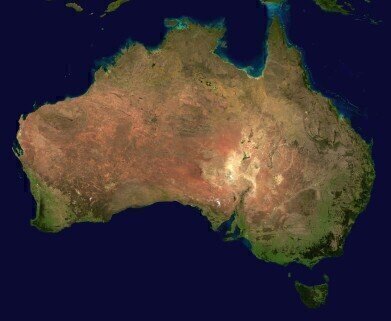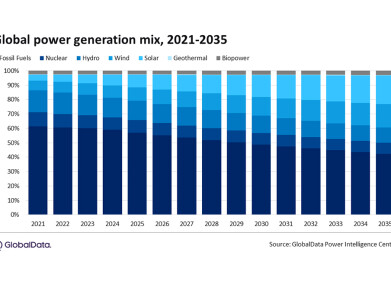Green Energy
Why Is Australia Ruling out Pollution Taxes?
Dec 24 2016
Australian Prime Minister Malcolm Turnbull has ruled out imposing taxes on energy production companies who produce an excessive amount of pollution. The declaration came after such a policy had been posited by Energy and Environment Minister Josh Frydenberg earlier in the month.
However, Turnbull immediately poured cold water on the idea, claiming that electricity and energy bills were already at an inflated level. As a result, any such pollution tax will not comprise part of the government’s plan for curbing the national carbon footprint by 2030.
Frydenberg slapped down
Frydenberg had caused some friction in the Liberal ranks at the beginning of the month when he suggested that the upcoming policy review might look at implementing an “emissions intensity scheme”. Such a plan would see companies which produce a disproportionate amount of emissions (compared to the amount of power produced) fined by the government, unless they purchased tax credits from less-polluting counterparts.
Frydenberg’s colleague Cory Bernardi – one of the least environmentally-minded Liberals in the government – quickly moved to pour scorn on the idea, labelling it “one of the dumbest things I’ve heard in politics in recent times.”
Prime Minister Turnbull quickly moved to support Bernardi’s view, citing the high impact of air pollution control systems on operating costs of power plants and the knock-on effect this has on both the consumer and the business’ pockets. “We are not going to take any steps that will increase the already too high cost of energy for Australian families and businesses,” he confirmed.
Turnbull U-turn?
Labor has accused the Prime Minister of making a U-turn on his climate policy. Turnbull initially lost the Liberal leadership in 2009 after backing Labor’s policy of an emissions trading scheme (not entirely dissimilar to the one proposed by Frydenberg this month).
However, the Liberals won the 2013 election largely because of their pledge to abolish all such carbon taxes which had been very unpopular with big business and the Australian people in general, for the increased bills it would have entailed.
Turnbull’s recent decision to rule out any similar movements from the Liberals signals just how far he has moved from his initial stance and also underlines the need for the government to meet their ambitious targets in other ways. Australia has pledged to bring its emissions down by at least 26% before 2030, based on 2005 levels.
Action needed imminently
Despite claims from some quarters of the government that Australia is on track to meet its targets, the statistics show that its emissions are actually on the rise. At present, the country remains one of the biggest polluters per capita, largely due to the fact that it still relies heavily on coal combustion for the majority of its energy production needs.
While the government seems adamant that it can continue to pursue fossil fuels aggressively and still meet its climate change obligations, other quarters of Australian society are not convinced. John Connor, who works as the CEO of the Australian Climate Institute (ACI), has voiced his scepticism over the nation’s ability to make the 26% reduction in time.
Events
Nov 26 2024 Paris, France
Nov 27 2024 Istanbul, Turkey
H2O Accadueo International Water Exhibition
Nov 27 2024 Bari, Italy
Biogas Convention & Trade Fair 2024
Nov 27 2024 Hanover, Germany
Dec 11 2024 Shanghai, China





-as-feedstock.jpg)








